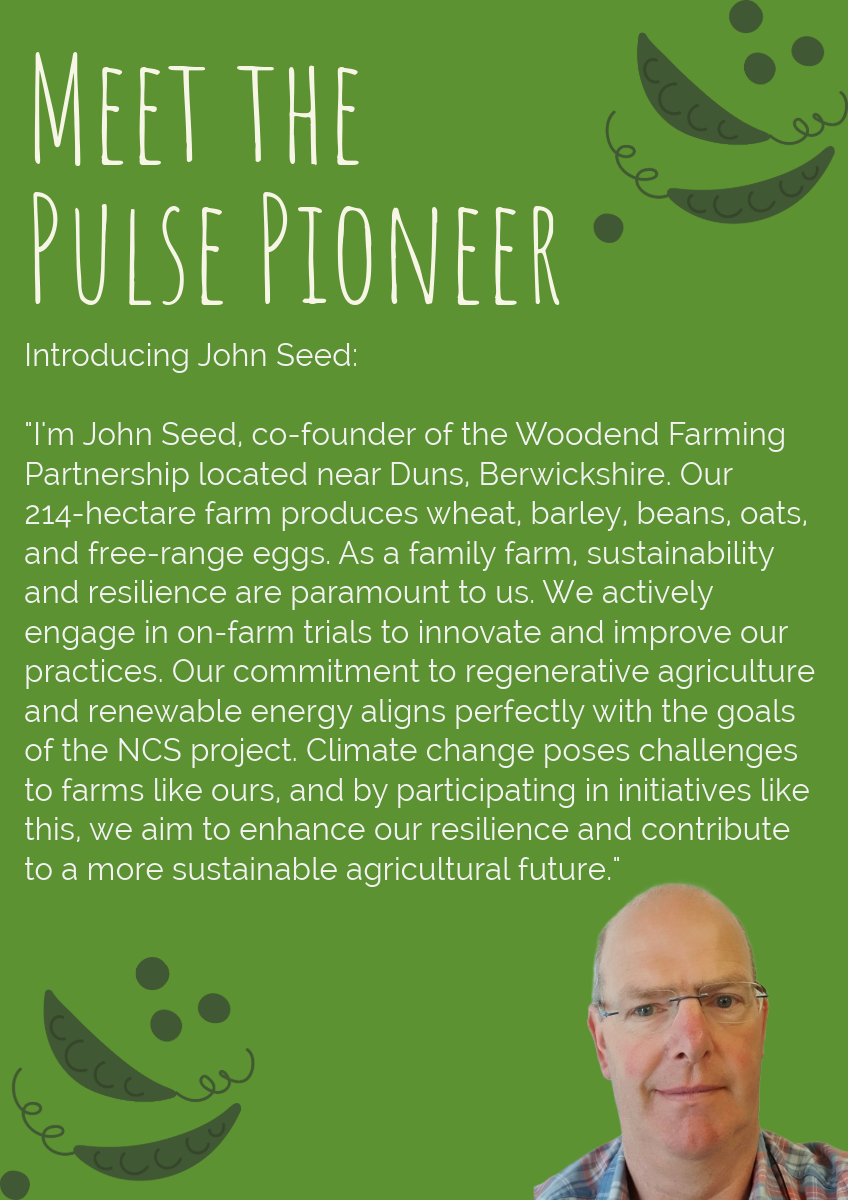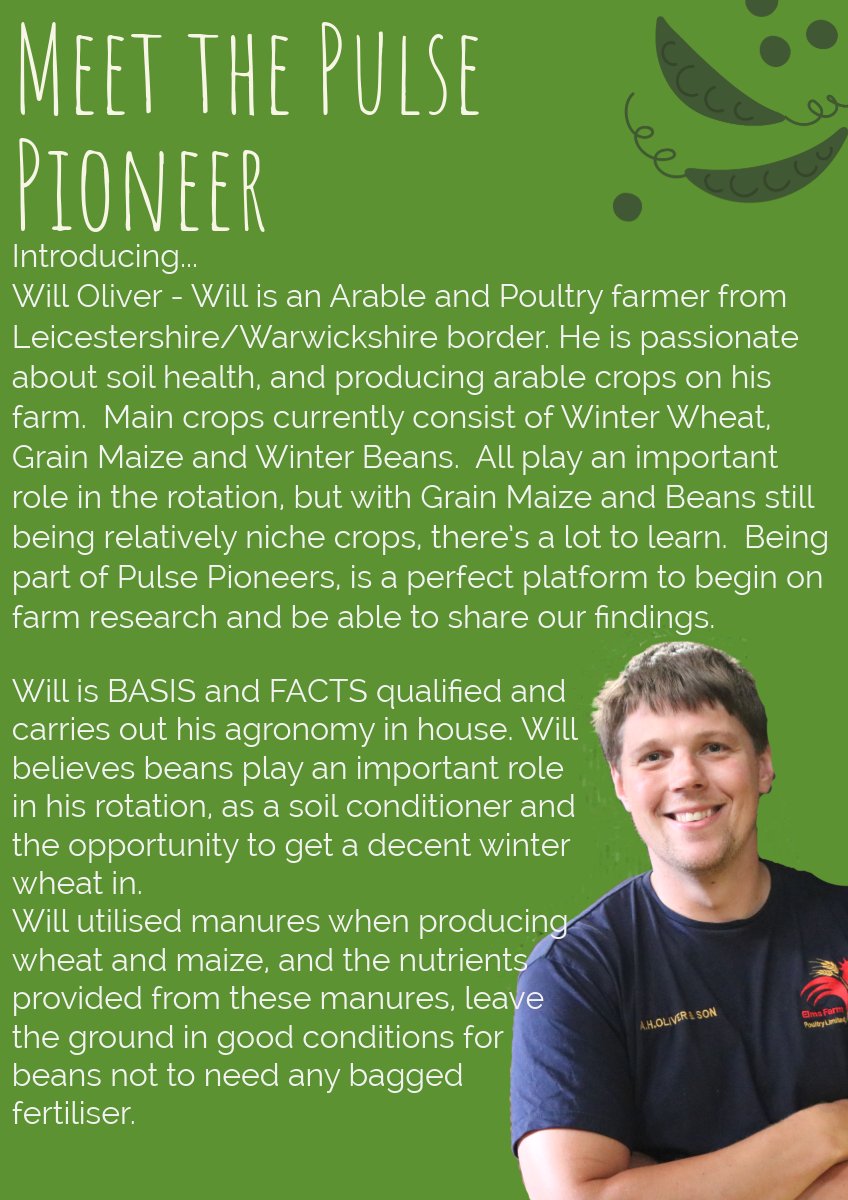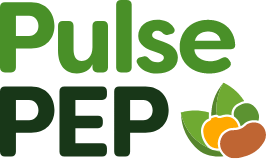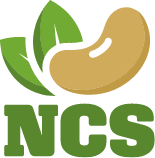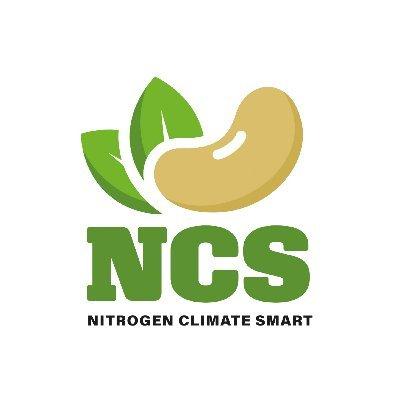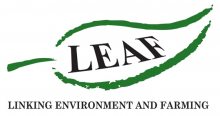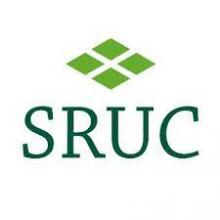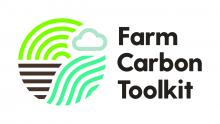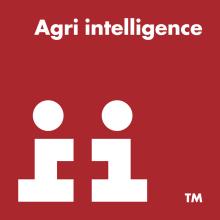We are now recruiting for Pulse Pioneers to be involved in Year 2 of the NCS Project! The Nitrogen Efficient Plants for Climate Smart Arable Cropping Systems (NCS) Project is aimed at increasing pulse and legume cropping in arable rotations to 20% across the UK (Currently 5%). In addition, up to 50% of imported soya meal used in livestock feed rations can be replaced by home-grown legumes. As part of this project, farmer-led trials carried out by ‘Pulse Pioneers’ will inform the practices to achieve these goals.
What is a Pulse Pioneer?
Farmers taking part in and getting paid for on-farm trials as part of the NCS Project.
If you have a pulse crop or plan to grow one this year, we’re looking to support farmers who want to trial ways to improve their crop’s performance. We’re particularly keen to set up a rotational platform that monitors the benefits of pulse cops over the rotation.
See advice on conducting on-farm trials here.
What are the requirements?
- Your farm is/will be carbon baselined by Farm Carbon Toolkit - Guidance available here.
- You will take N-min samples of your field (support and cost provided)
- Accrue Project Ambassador Points by interacting with PulsePEP members online.
- Enter the YEN Network (support and cost provided)
- Commit at least one field to monitor for the duration of the project (up to and including harvest 2027)
- Join as a PulsePEP member (this is free – complete the form below the Pulse Pioneer sign-up form or by following this link: https://nt81r5aq6lg.typeform.com/to/CRGRAZBN
How to get involved?
If this sounds like something you could be interested in, contact info@bofin.org.uk for full contract details and complete the survey below or by following this link: https://nt81r5aq6lg.typeform.com/to/K6YM6mrv.
